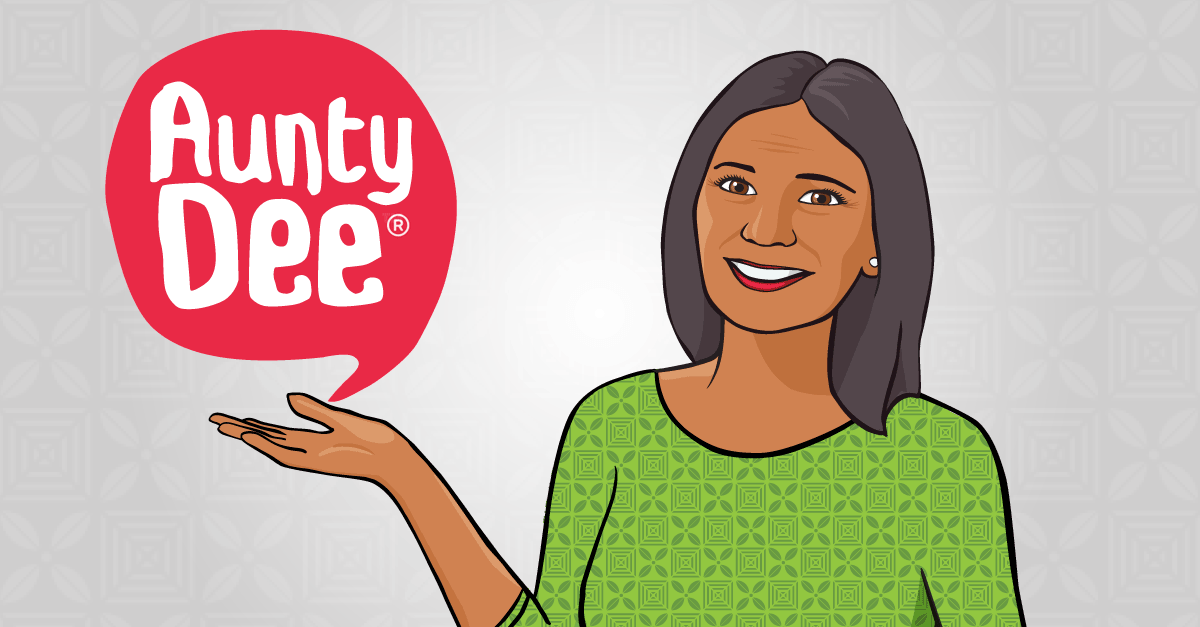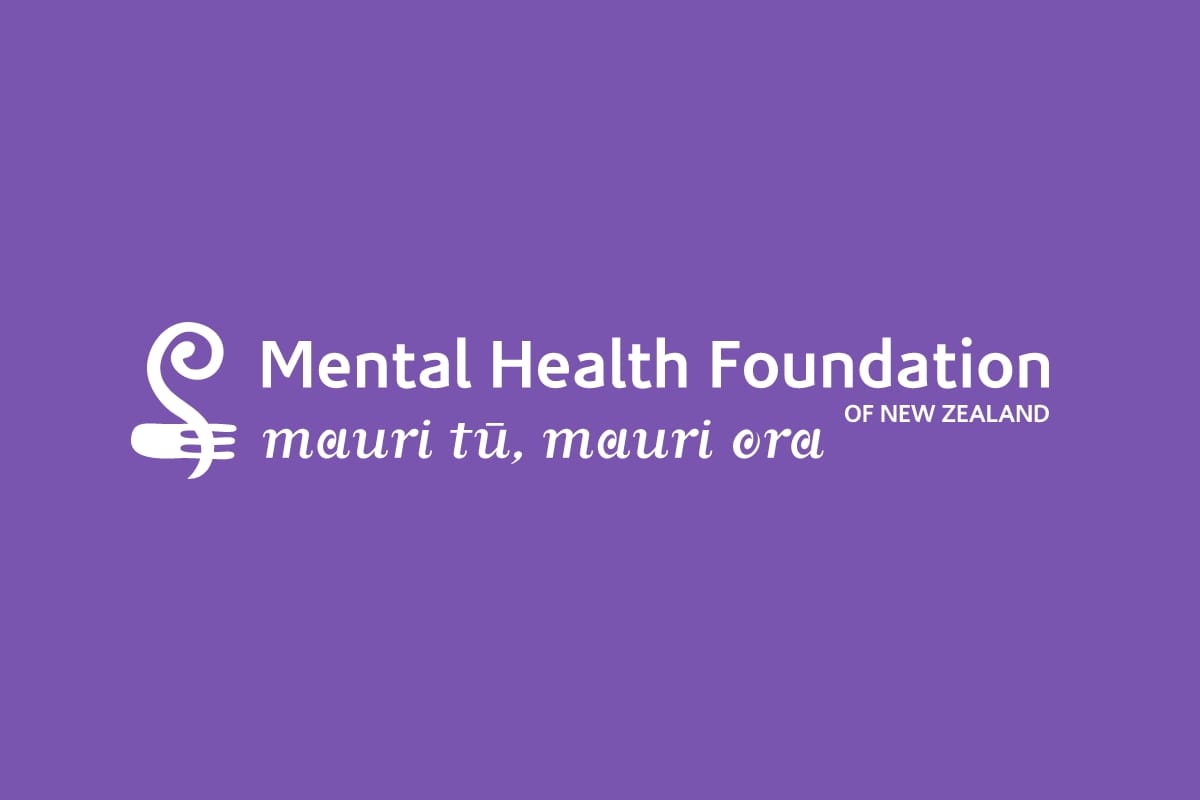Healthy Gaming

What is healthy gaming?
Gaming is a normal and healthy part of our lives and it can have a positive impact on our mental health and wellbeing. But for a small number of young people, gaming can have a more negative impact on everyday life. You can take steps to reduce the negative impacts of gaming if it is something you are worried about. If you think you might have a problem with gaming, talking about it with someone you trust is a good start.
Healthy gaming:
Gaming can be a positive and enjoyable activity. It can help us to connect with other people, feel more included, and boost our self-esteem. Healthy gaming can also help us to enjoy our downtime, relax and have fun.
When gaming becomes a problem:
Gaming, like any behaviour, can cause harm if it is taken to extreme levels.
- For a small number of young people gaming can have a very negative impact on their everyday lives.
- These problems seem to be most common for young men between the ages of 12 and 20.
If you think that your Internet use or gaming is starting to cause problems in your life, there are lots of things you can do to get back in control.
Signs of possible problems with gaming:
Some people spend a lot of time gaming, but do not have a problem. However, if you spend so much time gaming that you do not have time to do the things that keep you healthy and well, then it might be a problem for you. For example, if you find that you are spending less time than usual with people you care about, doing less exercise, or find that you are having trouble with sleep or getting to school or work because of how much time you spend gaming, then your gaming might be a problem. You might also be feeling some distress or starting to feel less happy or confident.
You might notice that you:
- feel sad, irritable, anxious, frustrated or angry when you are not able to play games
- are being aggressive or fighting with others over gaming
- have other people say they are worried about how much time you spend gaming or online
- are spending less time with family and friends outside of gaming
- spend large amounts of time thinking about your next gaming session or past sessions
- lose track of time while gaming or feel like you are losing control over the time you spend gaming
- feel physical pain or irritation because of gaming, for example you feel pain in your neck, wrists, thumbs, or back, or you have dry or red eyes
- eat meals while playing or skip meals altogether
- spend more money than you can afford on new games or in-game purchases
- use gaming as a way of avoiding the real world
- change your sleep patterns or have trouble going to bed or getting up on time because of gaming.
It’s OK to feel frustrated from a loss or situation with other players, but gaming should be a positive experience. If it isn’t, it could be a sign something is wrong.
You might also notice some other changes that don’t seem like they are related to your gaming. For example, you might:
- lose interest in school, work, and other activities that you used to enjoy
- feel less confident and like you have less self-esteem
- form bad eating habits
- experience headaches or migraines
- not shower as often as you should or not taking good care of yourself
- not be doing as well at school or work.
Related problems:
People who have problems with gaming might also be having trouble with their mental health in other ways. For example, they might be feeling really low or anxious, or be having trouble with their mood in other ways.
What can I do?
Now is a good time to pause and reflect on your gaming and Internet use. Is gaming a fun leisure activity that helps you to feel good? Is your gaming in balance with other activities that keep you healthy and well? Are you feeling more connected to other people or less connected?
There are lots of things you can do to help you keep your gaming in balance with other parts of your life. Here are some things that you could try:
- leave your Internet and gaming time for after your jobs are done. Treat gaming as a reward
- before you start gaming, decide how much time you want to spend online. Set a timer
- make time to “unplug” or even try a digital detox. The Mental Wealth website has 10 tips on how to digital detox
- make mealtimes screen free
- spend regular time on other hobbies, like seeing friends, listening to music or playing sport
- charge your devices outside of your bedroom or maybe keep them out of your bedroom altogether. This will make it easier to stay offline when it’s time to sleep
- get up and move regularly while you are gaming. Doing some simple stretches can really help
- pay attention to how you are sleeping. How much are you getting? Do you wake up feeling refreshed? Sleep should be a priority because it is important for our physical and mental health. Check out more info on how to get a good night’s sleep on the Mental Wealth website.
Talk to someone:
If you find that you are still gaming for the same amount of time, or even gaming more than before, perhaps it’s starting to affect your relationships or your mood. If it is having a negative impact on your life, it might help you to talk about your gaming with someone you trust.
You could talk with a parent, teacher, school counsellor, family member, or friend. A GP is another good place to start.
With the right support, most people can get back to enjoying the benefits that gaming and Internet use can contribute to their lives.
Where to get help:
Your GP or family doctor can help recommend an approach for you and might also suggest antidepressant medications. Psychological talking therapy may also be recommended for treating depression.
If you’re at school or university, you may also be able to access a counselling or student wellbeing service.
You can also text or freephone 1737, New Zealand’s free support service with qualified and confidential counsellors. Let them know what’s going on for you or the person you are concerned about, and they can support you.
Other free helplines:
- Youthline 0800 376 633, free text 234, webchat at www.youthline.co.nz.
- What’s UP 0800 942 8787 - Advice & counselling support for 5-18-year olds; 12pm to 11pm.
- Kidsline 0800 54 37 54 (0800 KIDSLINE) - Advice & counselling support up to 14 years; 4pm to 9pm weekdays.
- Youth Law 0800 884529 (0800 UTHLAW) - Free legal help for children and young people.
- OUTLine NZ 0800 688 5463 - Support for sexuality or gender identity issues.
- Safe to talk text 4334 or online chat to someone www.safetotalk.nz - Confidential advice for sexual harm issues.
- Samaritans 0800 726 666 - Counselling advice and support.
- Healthline 0800 611 116 - General health advice and information from a registered nurse.
- Lifeline 0800 543 354 or text ‘Help’ to 4357 - Counselling advice and support.
Free online tools & info:


















